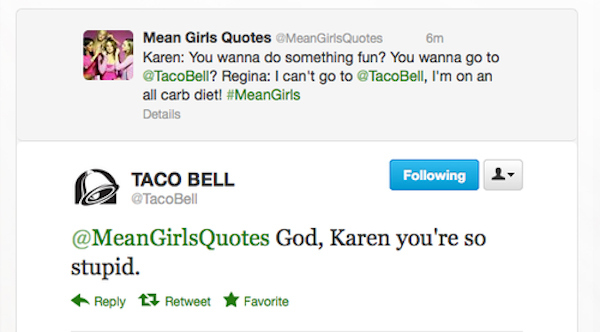As a marketer, you are responsible for acting ethically so you can earn your consumers’ trust and maintain a strong brand image.
This is especially important in the digital context as ‘digital content never dies‘, and thus has a lasting effect on your brands’ reputation.
According to Trounce, unethical digital marketing refers to anything that results in a negative or unsatisfying customer experience. This could be false or exaggerated claims made by the brand, disruptive advertisements, buying fake reviews, or so on.
Ethics of Data
When collecting data from your customers it is important to act ethically and consider the following;
- Make sure you have permission (opt-in)
- Make sure you do not abuse customer privacy and misuse information
- Do not ‘dehumanise’ your customers and reduce them to just ‘data’ or ‘numbers’
- Do not try to manipulate, measure or experiment with the data provided
Ethics on Social Media
In Australia, there is a social media code of conduct that provides guidelines for how to responsibly manage your social platforms ethically. This includes;
- Be transparent and accurate – ensure your messages are clear, appropriate, and honest
- Have a crisis management plan ready in case your action backfires so you can respond quickly and professionally, and avoid damaging your brand reputation
- Be respectful and consider how your customers might perceive the messages you are releasing – and how this may affect their view on your brand
- Be aware of confidentiality – do not breach your customer’s privacy
Another important thing to consider with regards to social media marketing is that branded material on social media must follow the code of ethics, and this includes user-generated comments on your posts.
Because you can be held responsible for comments made by others on your social media if they are false or misleading, it is important to monitor comments to ensure there are no inappropriate or deceiving comments present.
My question though is, could monitoring your customers’ comments be viewed as unethical? And are there any other ways you can think of that ethics plays a role in digital marketing?














